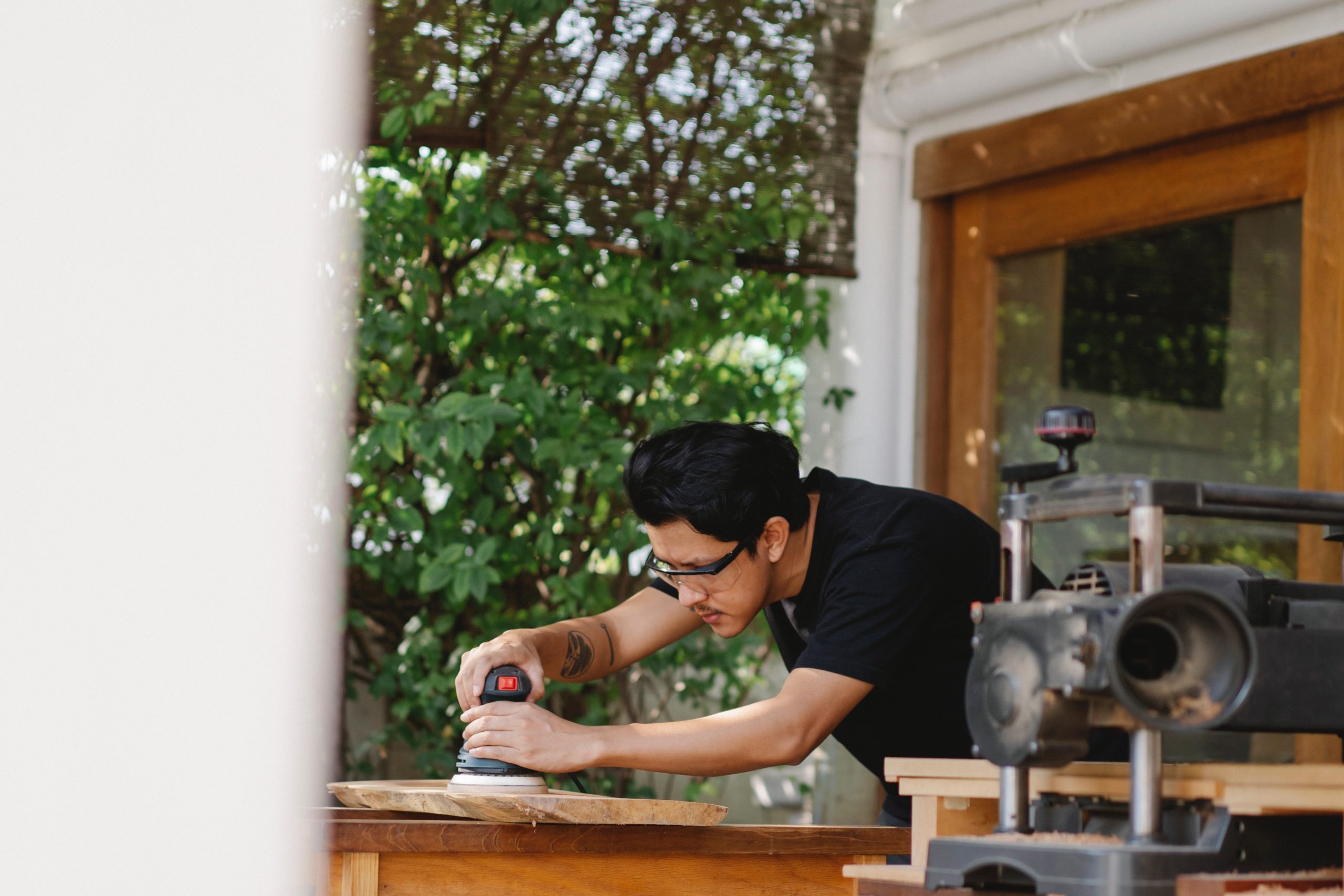Whether you’re a seasoned builder with a wealth of experience or a DIY enthusiast getting your hands dirty for the first time, navigating the construction world can be daunting. In this comprehensive guide, we will demystify the essentials for builders and DIY enthusiasts alike in the UK, covering the vital areas from tools to safety regulations.
1. Getting Equipped: The Essentials
Every builder and DIY enthusiast needs a good selection of tools. These might include everything from hammers and screwdrivers to power drills and circular saws. The choices are practically endless, and the selection you make depends largely on the type of work you intend to carry out. When selecting tools, don’t just look at price; consider durability, brand reputation, and whether the tool fits your specific requirements.
In the UK, there are several outlets that offer high-quality tools and building supplies. One notable supplier is ADA Fastfix, a leading supplier of power tools, hand tools, screws, and fixings. They’ve gained a reputation for providing a wide range of quality products, backed up by excellent customer service.
2. Understanding Building Regulations
All building work carried out in the UK must comply with building regulations. These are minimum standards for design, construction, and alterations to virtually every building, ensuring the health and safety of people in and around those structures. The UK government formulates the regulations, which are subsequently sanctioned by Parliament.
Understanding these regulations is vital, as non-compliance can lead to significant fines and penalties. The Gov.uk website provides a comprehensive guide to these regulations, including the latest updates, to help you stay within the law.
3. Embracing Sustainable Building Practices
In an era of increasing environmental concern, sustainable building practices are more important than ever. This approach involves using resources more efficiently while creating buildings that are low impact and have a high level of energy efficiency.
A good starting point for understanding sustainable building practices in the UK is the Green Building Council’s website, which offers advice and resources on everything from energy efficiency to waste reduction.
4. Safety First
Workplace safety should never be an afterthought, especially in the construction industry, where hazards are a constant presence. Familiarise yourself with the Health and Safety at Work Act (1974), which sets out the legal duties that employers and self-employed workers have towards health and safety in the workplace.
Personal Protective Equipment (PPE) is also essential. Safety helmets, eye protection, high-visibility clothing, safety footwear, gloves – all these can protect you from potential injuries.
5. Training and Continuous Learning

The world of construction is continually evolving with new materials, techniques, and regulations. Therefore, continuous learning and staying up to date are essential for any builder or DIY enthusiast.
Numerous training courses are available across the UK, ranging from NVQs in construction for those looking to turn their DIY enthusiasm into a profession, to short courses on specific skills or safety training.
Conclusion
Building and DIY work can be immensely satisfying, offering a chance to create something tangible and lasting. Whether you’re constructing a garden shed or embarking on a loft conversion, equip yourself with the right tools, understand the regulations, embrace sustainable practices, prioritise safety, and continue learning. With these considerations in mind, you’re well-equipped for success on any building project.

